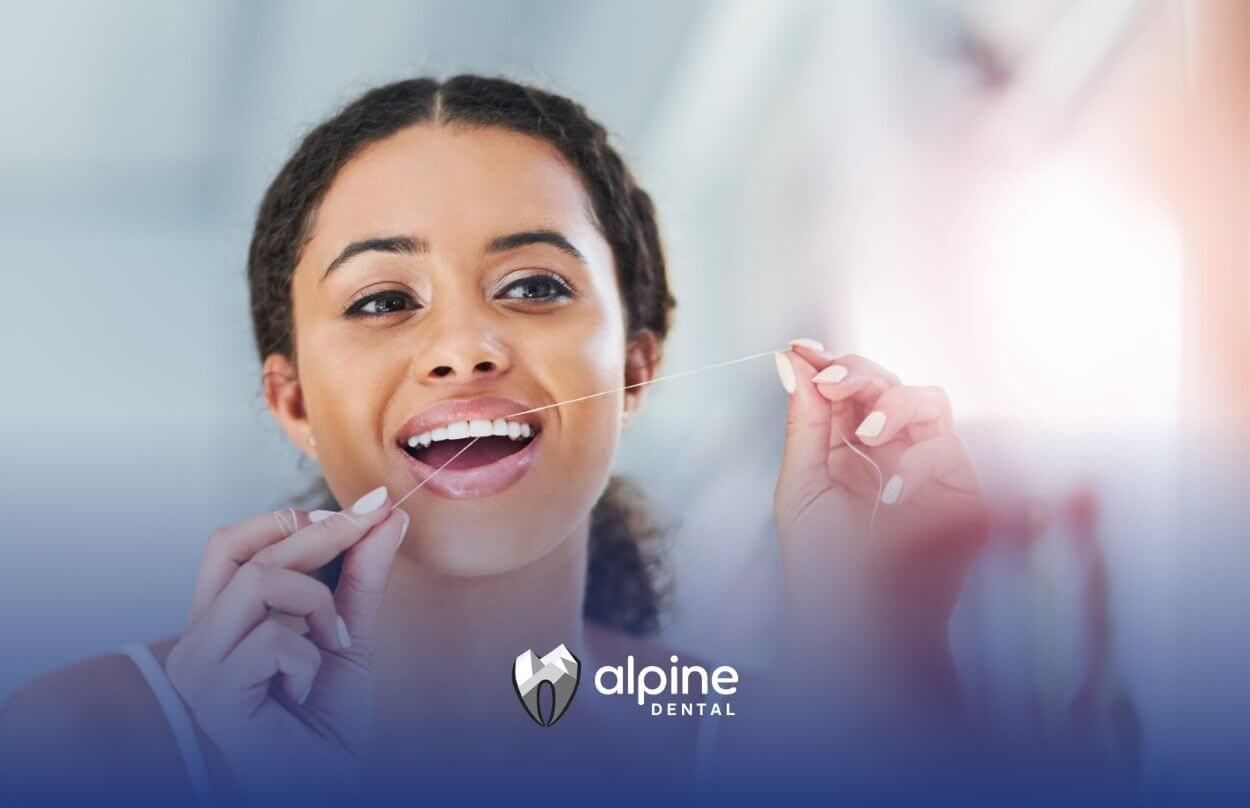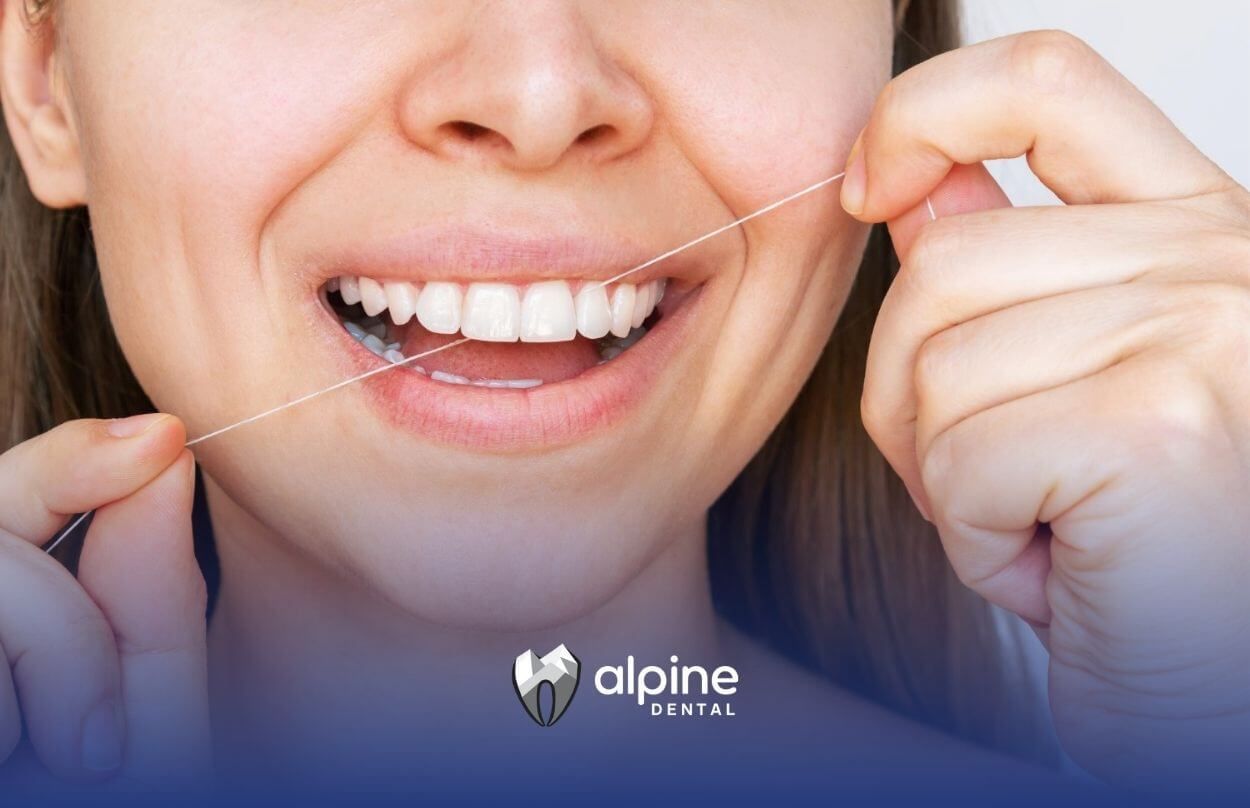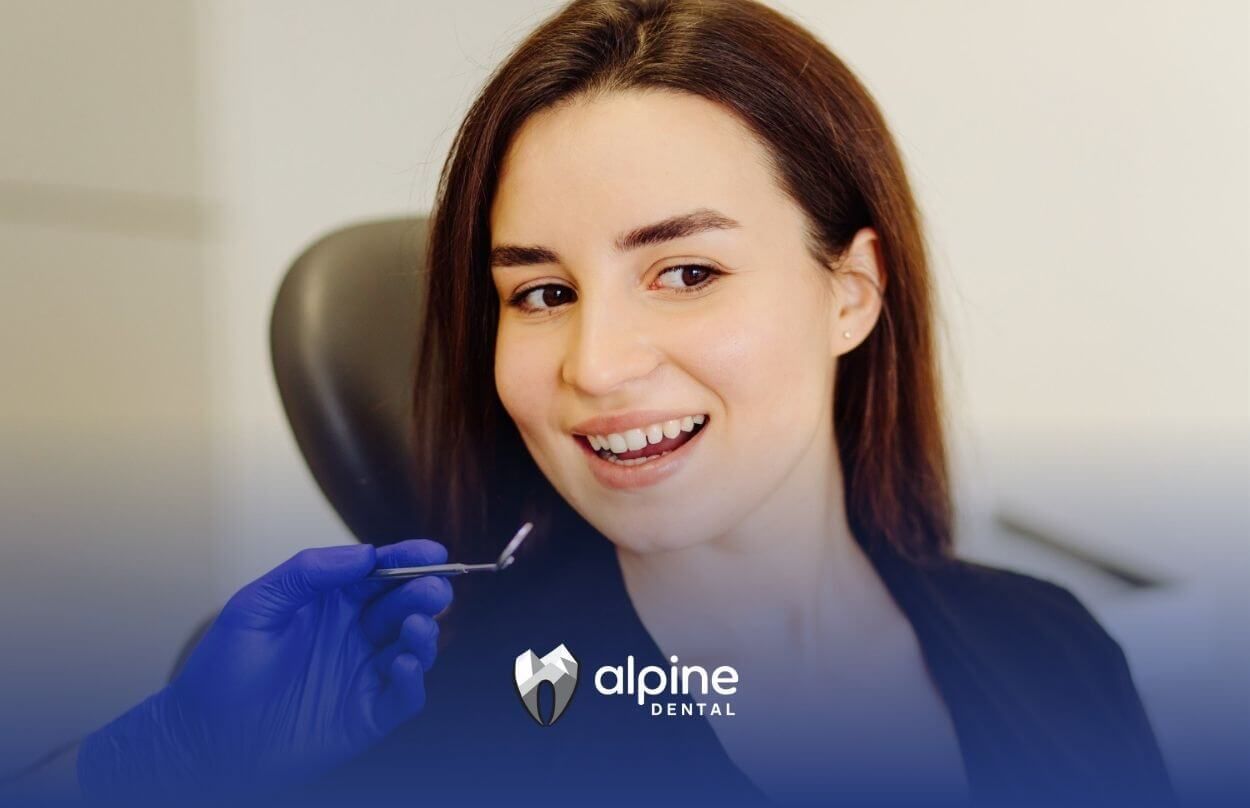Effects of Overbrushing: How to Protect Your Smile
Brushing your teeth is essential for maintaining good oral hygiene. It helps remove plaque, prevent cavities, and keep your breath fresh. However, there's such a thing as too much of a good thing. Overbrushing — brushing your teeth too hard or too often — can actually harm your teeth and gums, leading to a variety of oral health problems.
In this article, we’ll explore the effects of overbrushing, how to recognize the signs, and what you can do to protect your smile while keeping your mouth healthy.
What is Overbrushing?
Overbrushing refers to brushing your teeth:
- Too aggressively (using too much pressure)
- Too frequently (more than three times a day)
- With improper technique (scrubbing instead of gentle circular motions)
Many people mistakenly believe that brushing harder means cleaner teeth. In reality, using too much force or brushing excessively can wear down tooth enamel and irritate your gums.
The Harmful Effects of Overbrushing
Let’s dive into the specific issues that can arise from overbrushing.
1. Enamel Erosion
Your tooth enamel is the hard, protective outer layer of your teeth. It guards against decay and sensitivity. Over time, aggressive brushing can wear away this protective coating, making teeth more vulnerable to:
- Cavities
- Sensitivity to hot and cold foods
- Tooth discoloration
Unfortunately, once enamel is lost, it doesn’t grow back.
2. Gum Recession
Applying too much pressure while brushing can cause the gum tissue to recede. Gum recession exposes the roots of your teeth, leading to:
- Increased tooth sensitivity
- Higher risk of decay on the exposed roots
- Unattractive "long-tooth" appearance
If left untreated, gum recession can eventually lead to tooth loss.
3. Tooth Sensitivity
As enamel wears away and gums recede, your teeth may become more sensitive to temperature changes and sweet or acidic foods. Sensitivity can interfere with your eating and drinking habits, impacting your overall quality of life.
4. Damage to Dental Work
Overbrushing can damage:
- Fillings
- Crowns
- Braces or other orthodontic appliances
This can lead to costly repairs or replacements if the dental work becomes loose, chipped, or worn down.
5. Aesthetic Concerns
Aggressive brushing can cause teeth to look uneven, worn down, or discolored. It can also make gums appear thin and unhealthy, affecting the overall appearance of your smile.
Common Signs You Are Overbrushing
It’s not always easy to tell if you’re brushing too hard, but here are some warning signs:
- Tooth sensitivity that wasn’t there before
- Gum recession (teeth look longer than before)
- Noticeable wear or flattening of the teeth
- Splayed toothbrush bristles (your brush looks frayed too quickly)
- Bleeding gums (especially along the gumline)
If you notice any of these signs, it’s a good idea to reassess your brushing habits and consult your dentist.
How to Prevent the Effects of Overbrushing
Taking the right approach to brushing can help you maintain excellent oral health without causing damage.
1. Use a Soft-Bristled Toothbrush
Hard-bristled brushes can be too abrasive. Choose a soft-bristled toothbrush that is gentle on your teeth and gums but still effective at cleaning.
2. Apply Gentle Pressure
You don't need to scrub your teeth aggressively. Gentle pressure with proper technique is enough to remove plaque. Think of brushing your teeth as massaging them rather than scrubbing floors.
3. Focus on Technique
Use short, circular motions at a 45-degree angle to the gumline instead of back-and-forth scrubbing. Spend about two minutes brushing all surfaces of your teeth.
4. Limit Brushing to Twice a Day
Brushing twice a day—once in the morning and once before bed—is sufficient. Brushing more frequently can increase the risk of enamel erosion and gum irritation.
5. Use an Electric Toothbrush with Pressure Sensors
Some electric toothbrushes come with pressure sensors that alert you if you’re brushing too hard. They also promote consistent, gentle brushing motions.
6. Replace Your Toothbrush Regularly
A worn-out toothbrush won’t clean effectively and might encourage you to brush harder. Replace your toothbrush or toothbrush head every 3–4 months, or sooner if the bristles look frayed.
Best Practices for a Healthy Brushing Routine
- Use fluoride toothpaste to help strengthen enamel.
- Floss daily to remove plaque between teeth without overbrushing.
- Rinse with a gentle, alcohol-free mouthwash to maintain oral health.
- Visit your dentist for regular checkups and cleanings.
These simple practices can keep your teeth clean and your gums healthy—without the risks of overbrushing.
How Dentists Diagnose and Treat Damage from Overbrushing
If your dentist notices signs of enamel erosion or gum recession during a checkup, they may suggest:
- Desensitizing toothpaste to help with sensitivity
- Fluoride treatments to strengthen weakened enamel
- Bonding treatments to cover exposed roots
- Gum grafting surgery for severe gum recession
Early intervention can prevent more serious damage and help restore your smile.
The Importance of Professional Guidance
It’s always a good idea to discuss your brushing habits with your dentist. They can demonstrate the proper technique, recommend the best tools, and offer advice tailored to your individual needs.
Practicing good oral hygiene with the right techniques ensures that your teeth stay clean and strong for life—without the unintended damage caused by overbrushing.
Conclusion
While brushing your teeth is vital for a healthy mouth, doing it too hard or too often can cause more harm than good. Understanding the effects of overbrushing and adopting gentler, smarter habits will protect your teeth and gums while keeping your smile bright and beautiful.
If you’re concerned about your brushing habits or notice signs of enamel erosion or gum recession, the team at Alpine Dental is here to help. Our friendly dental professionals can guide you on proper techniques and recommend the best products for your unique needs. Schedule a visit today to keep your smile safe and healthy!
Frequently Asked Questions
How can I tell if I'm brushing too hard?
If your toothbrush bristles fray quickly, your gums bleed, or you notice sensitivity or gum recession, you might be brushing too hard.
Can enamel grow back once it’s worn down?
No, enamel does not regenerate naturally. However, fluoride treatments and dental restorations can help protect and strengthen the remaining enamel.
Is it better to brush more often if I have braces?
While good hygiene is crucial with braces, brushing gently twice a day is typically sufficient. Focus on technique and use orthodontic-specific brushes rather than increasing brushing frequency aggressively.
Sources:
- https://my.clevelandclinic.org/health/diseases/22753-gum-recession
- https://www.colgate.com/en-us/oral-health/brushing-and-flossing/over-brushing-teeth-too-much-of-a-good-thing
- https://www.mouthhealthy.org/all-topics-a-z/dietary-acids-and-your-teeth
- https://www.healthline.com/health/enamel-erosion
- https://pmc.ncbi.nlm.nih.gov/articles/PMC6519181/




